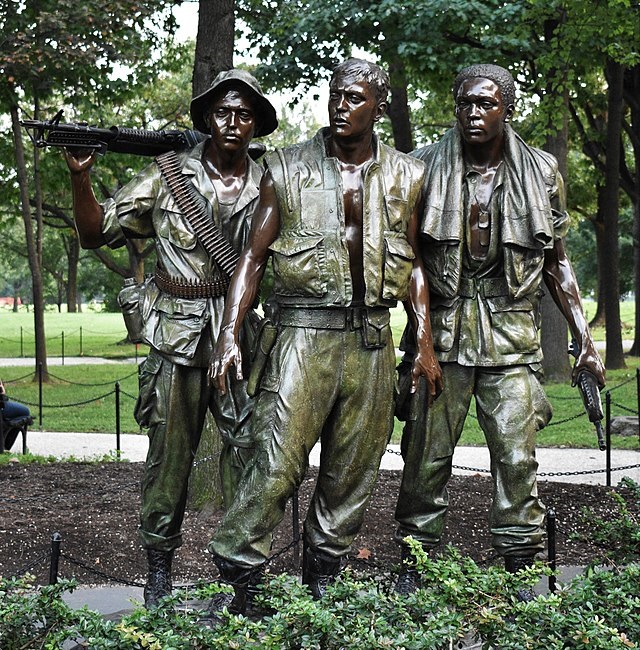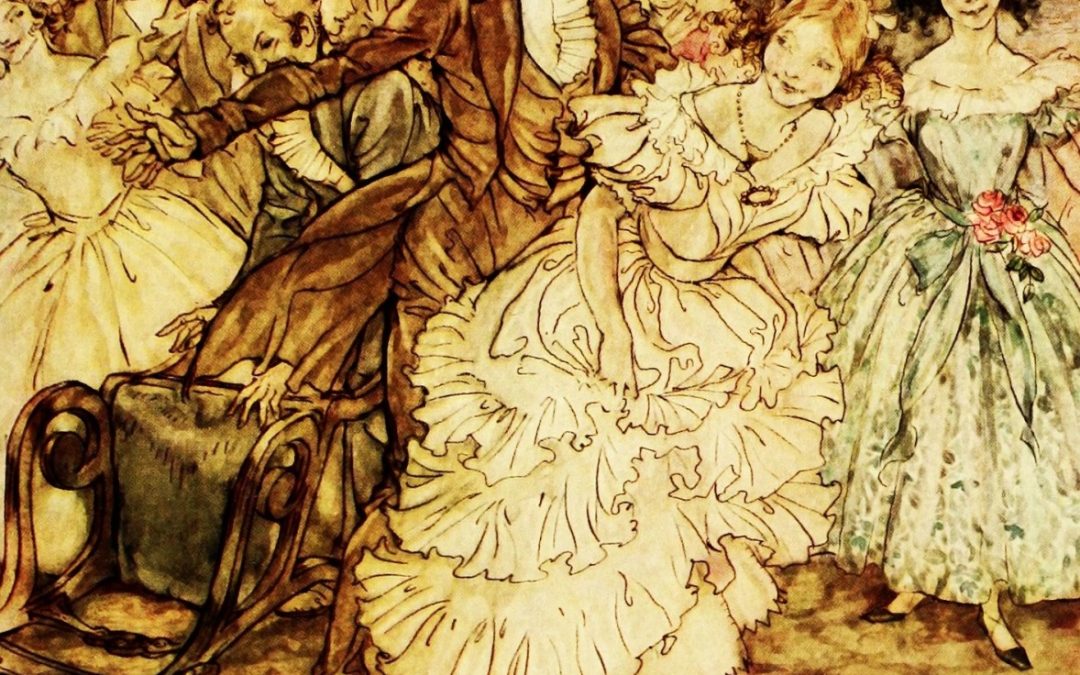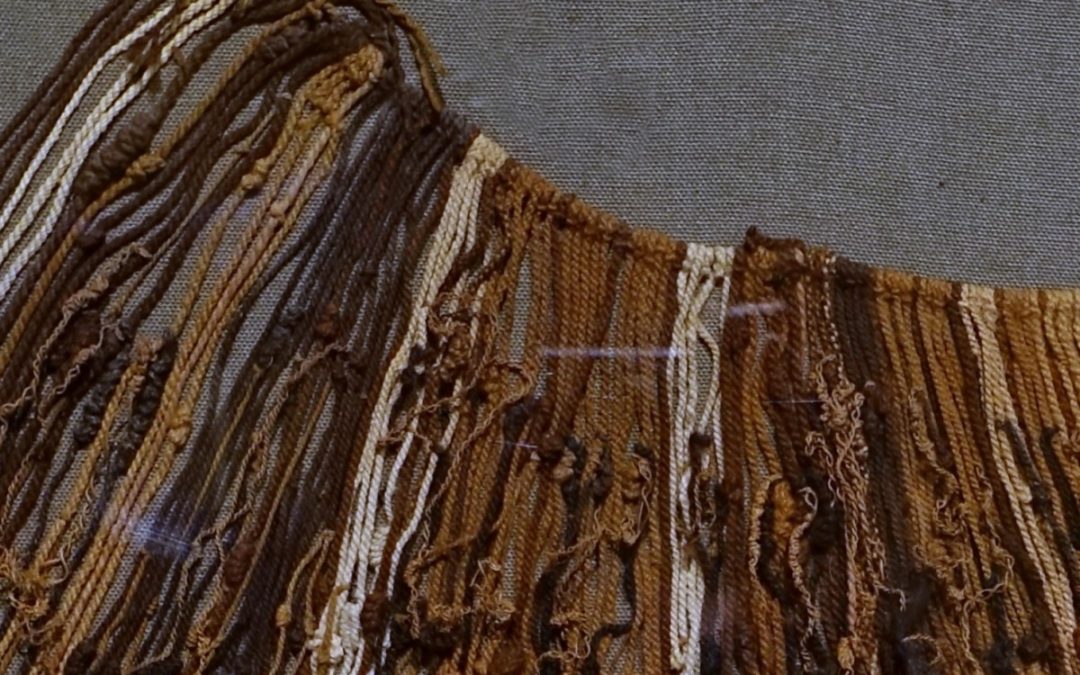
by Richard Subber | May 9, 2023 | American history, Book reviews, Books, History, Human Nature, Politics
we ask too much…
Book review:
What It Is Like to Go to War
by Karl Marlantes
New York: Atlantic Monthly Press, 2011
256 pages
There are two kinds of readers who can presume to learn something from Marlantes’ second book, What It Is Like to Go to War: those who have combat experience, and those who don’t.
I guess you will feel just about every emotion while you’re reading it.
Of course we ask too much of our men and women who go to war.
Of course, sadly, we don’t know how to say “thank you” and we find it hard to figure out how to say “you don’t have to tell us everything you did, unless you want to.”
Of course we don’t say often enough “you’re still a good person.”
Marlantes’ first book was Matterhorn, a robustly intuitive assessment of the mind and experience of a warfighter.
* * * * * *
Book review. Copyright © Richard Carl Subber 2023 All rights reserved.
A poet is a “maker”
…and it doesn’t have to rhyme…
–
As with another eye: Poems of exactitude with 55 free verse and haiku poems,
and the rest of my poetry books are for sale on Amazon (paperback and Kindle)
and free in Kindle Unlimited, search Amazon for “Richard Carl Subber”
* * * * * *

by Richard Subber | Apr 11, 2023 | Book reviews, Books, Reviews of other poets
Were you thinking “Goose grease”?
Book review:
American Poetry Observed: Poets on Their Work
Joe David Bellamy, ed.
Urbana, IL: University of Illinois Press, 1988
313 pages
The idea of this book is great. It would be marvelous to listen to these 26 poets talking about their work, and talking about making poems.
Bellamy has collected interviews with 26 poets, including a couple of my favorites: May Sarton and Galway Kinnell.
It’s no fault of the editor that American Poetry Observed is a lot of ponderous and hard-to-digest rumination about the meanings of poetry, the roles of influential poets, and what was on the minds of the interviewees when they were writing their poems. I don’t blame the poets too much, because they were responding to the interviewers’ questions.
The interviewers, sadly enough, were numbingly predictable, and, too often, self-importantly well-informed about the content of the interviewees’ work.
It just doesn’t seem valuable to me to read what a poet has to say when she’s asked something like “Did you have Eliot’s conception of J. Alfred Prufrock in mind when you wrote ‘Goose grease’ in 1942?”
* * * * * *
Book review. Copyright © Richard Carl Subber 2023 All rights reserved.
Book review: Lord of the Flies
Never more relevant…
by William Golding
–
As with another eye: Poems of exactitude with 55 free verse and haiku poems,
and the rest of my poetry books are for sale on Amazon (paperback and Kindle)
and free in Kindle Unlimited, search Amazon for “Richard Carl Subber”
* * * * * *

by Richard Subber | Apr 4, 2023 | Book reviews, Books, Joys of reading, Language
enticements to lingering reverie…
Book review:
Twice-Told Tales
by Nathaniel Hawthorne (1804-1864)
London: J. M. Dent & Sons, Ltd.
First published in 1837 (first series) and 1842 (second series)
This edition first printed 1911, reprinted 1964.
357 pages.
We preserve the remnants of our youth in chambers of the brain that often are, for good or ill, inaccessible to our conscious minds.
The baubles of memory in Twice-Told Tales are potent sparks that guide us to the once-remembered moments, the enticements to lingering reverie that fills new moments with newly imagined memories that rescue us from once-remembered despair, and fill the blank spaces with second chances.
Hawthorne collected such moments of youth, such bauble treasure, in “Dr. Heidegger’s Experiment,” in the fertile and fervid desperations of four venerable friends who eagerly swallow an elixir that boosts them to a capering re-enactment of their youth—but oh, so brief, so immaterial, so ephemeral that the long glass in the room can only reflect their withered miens, and none of the hot young beauty that they see again, for precious moments, in the emboldened gazes that they share.
Hawthorne’s Twice-Told Tales include “Dr. Heidegger’s Experiment” and 38 other short stories (originally published in 1837 and 1842) showing off his evocative prose, and embracing a wide range of human emotions.
You’ll be able to find something you like.
* * * * * *
Book review. Copyright © Richard Carl Subber 2023 All rights reserved.
Book review:
The American Revolution: A History
The “Founders” actually were afraid
of “democracy”…
by Gordon S. Wood
–
As with another eye: Poems of exactitude with 55 free verse and haiku poems,
and the rest of my poetry books are for sale on Amazon (paperback and Kindle)
and free in Kindle Unlimited, search Amazon for “Richard Carl Subber”
* * * * * *

by Richard Subber | Mar 30, 2023 | American history, Book reviews, Books, History, Politics, Power and inequality
Tell yourself the truth…
Book review:
Upheaval: Turning Points for Nations in Crisis
by Jared Diamond (b1937)
New York: Little, Brown and Company, 2019
Diamond’s Guns, Germs, and Steel won a Pulitzer Prize in 1998.
502 pages.
Diamond delivers a knock-out with every one of his books. Upheaval is no exception.
Diamond fully backs up his frank and frightening assessment of the United States in its current crises.
America and Americans have many strengths, including our geographic stronghold and our democratic traditions. We’re facing many fault lines, not least of which is our increasingly paralyzing political polarization and refusal to embrace sensible compromise to get good things done for all Americans. Repeat for effect.
Upheaval is not a feel-good book. It is a call to action, with a credible road map and many reasons to fear our failure to face up to our crises.
* * * * * *
Book review. Copyright © Richard Carl Subber 2023 All rights reserved.
Book review: Shakespeare’s Wife
Germaine Greer went overboard a bit…
–
As with another eye: Poems of exactitude with 55 free verse and haiku poems,
and the rest of my poetry books are for sale on Amazon (paperback and Kindle)
and free in Kindle Unlimited, search Amazon for “Richard Carl Subber”
* * * * * *

by Richard Subber | Mar 15, 2023 | American history, Book reviews, Books, History, Power and inequality
guns and germs…
Book review:
1491:
New Revelations of the Americas Before Columbus
by Charles Mann
New York: Vintage Books, 2011
1491 offers everything you never knew about civilized people in the Americas before the Europeans arrived and killed most of them (OK, many died in battle, but it was European diseases, mostly). Maybe close to 100 million “native” people died within 100 years or so of the “discovery” by Columbus…but hold on, this book is not about Wounded Knee-type criticism or ex post facto self-flagellation.
In 1491, Mann beautifully describes the marvelous sophistication of cultures, cities, agriculture, arts, and science that blossomed in North America, Central America, and South America thousands of years ago, in many cases predating achievements and growth and civilization in Europe.
Yes, the Incas never used the wheel except for children’s toys.
Yes, the Mississippian city of Cahokia was a bustling port and a trading center with population equal to Paris in France—and that was 500 years before Columbus sailed.
Yes, the Olmec culture in what is now Mexico invented the zero whole centuries before mathematicians in India did the same.
My recollection of schoolboy learning about the history of the Americas is that the dates and events were tied to discovery and conquest and colonization by Europeans. The implication was that, before the white men with guns, germs and steel arrived, nothing much was going on in whole continents characterized more by “virgin land” and “endless wilderness” than by people who had agriculture, city life, art, trade, commerce, religion, science, kings, and philosophers.
Mann offers 1491: New Revelations of the Americas Before Columbus. For me, the joy of reading this book is learning about the multiplicity of cultures that flourished in the Americas, and learning how they tamed and managed and very greenly conserved their environment…and for me, the sad revelation of this book is understanding that the peoples of the Americas were human beings whose achievements were noble and notable, and yet, lamentably, their cultural legacies are largely lost and the losses are barely mourned.
In 1533 Pizarro and his conquistadors at Cuzco precipitated the decline of the 300-year-old Inca empire in Peru. Fifty years later, the Spanish colonial administrators in Peru ordered the burning of all the Incan “khipu” knotted string records because they were “idolatrous objects.” Khipu were the Incas’ only form of writing. The smoke from the burning of their books gets in your eyes, forever and ever.
* * * * * *
Book review. Copyright © Richard Carl Subber 2023 All rights reserved.
Book review: The Sea Runners
…it informs, it does not soar…
by Ivan Doig
–
Above all: Poems of dawn and more with 73 free verse poems,
and the rest of my poetry books are for sale on Amazon (paperback and Kindle)
and free in Kindle Unlimited, search Amazon for “Richard Carl Subber”
* * * * * *

by Richard Subber | Mar 10, 2023 | Book reviews, Books, History, Politics, Power and inequality, World history
an informed passivity…
Book review:
The Last European War:
September 1939-December 1941
by John Lukacs
New Haven, CT: Yale University Press, 1976.
This is a typical scholarly Lukacs work, with high clarity insights and no inhibitions about expressing his informed critique of the work of other historians.
Lukacs illuminates the events, the leadership and the popular sentiments of national populations during the period leading up to the start of World War II and the initial conflict prior to the entry of the United States into the war in December 1941. I point to the word “national” to note the emphasis explained by Lukacs in The Last European War, based on his interpretation that national sentiments were of paramount importance in shaping both the popular reaction to war and the popular attitudes toward the conflict.
A strong impression: The people and leaders who were living through this turmoil had only marginal appreciation of the effectiveness and impact of their actions. Nevertheless, the Nazis’ rise to power was significantly facilitated by the passivity (an informed passivity, not a state of ignorance) of too many individuals who didn’t advocate a morally-framed opposition.
* * * * * *
Book review. Copyright © Richard Carl Subber 2023 All rights reserved.
Book review: Saint Joan
by George Bernard Shaw
–
Seeing far: Selected poems with 47 free verse and haiku poems,
and the rest of my poetry books are for sale on Amazon (paperback and Kindle)
and free in Kindle Unlimited, search Amazon for “Richard Carl Subber”
* * * * * *





